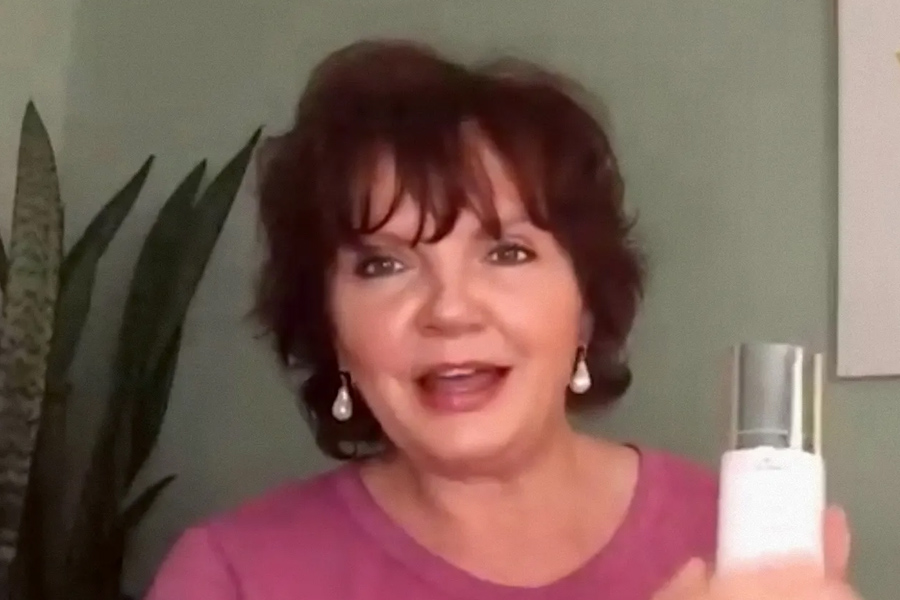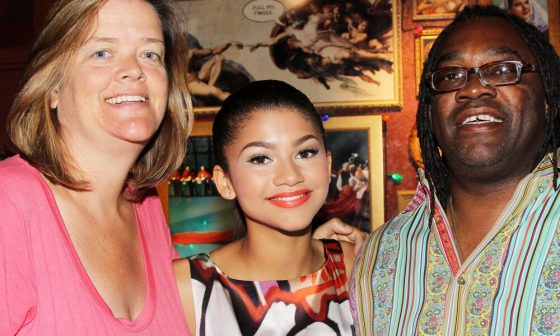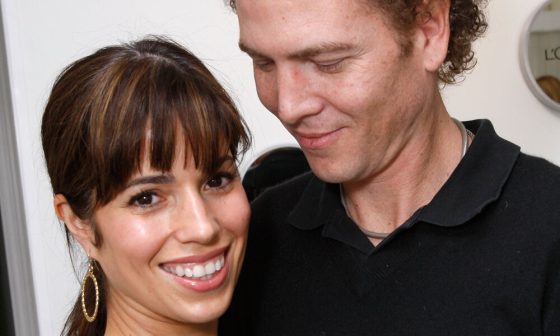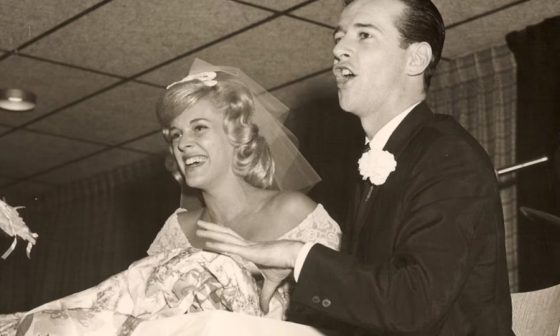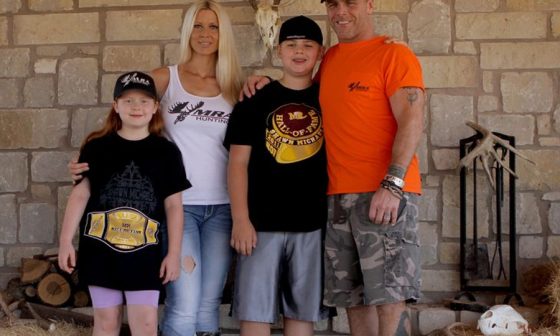Basic Information
| Field | Information |
|---|---|
| Full name | Alfreda Frances Bikowsky |
| Born | 1965 (approx.) |
| Nationality | American |
| Occupation(s) | Former CIA analyst and manager; later private entrepreneur / life-coaching & beauty business |
| Known for | Senior roles in the Bin Laden Issue Station (Alec Station) and the CIA’s Global Jihad unit; figure in investigative reporting and oversight scrutiny |
| Public / married name | Freda Scheuer (used in some private-sector listings) |
| Spouse | Michael F. Scheuer (former CIA officer) |
I’ll tell this the way a film editor might cut a reel: one long, deliberate pull through the grainy footage, then a flash of color—then the quiet after. Alfreda Frances Bikowsky’s life reads like one of those genre films that’s half espionage, half domestic drama, and half corporate rebrand — yes, that’s three halves; this story likes messy fractions. I’ve scoured the public contours and stitched them into a narrative that respects both the secrecy of the work and the stubborn fact that people leave footprints.
The early chapters — analyst to station lead (1990s–early 2000s)
Think of the 1990s CIA as a newsroom that suddenly had to become a battlefield command center. Into that room walked an analyst who learned to read patterns where others read noise. Bikowsky moved from general analysis into the Bin Laden Issue Station in 1996, a unit carved out specifically to track one of the most consequential targets in modern intelligence: Osama bin Laden and his network. By the late 1990s and into the early 2000s she rose to senior roles — a trajectory that suggests both institutional trust and a willingness to live inside high-pressure puzzles.
The crucible years — the 9/11 era and its aftermath (2000–2004)
If careers are shaped by ordinary days, legacies are often shaped by crisis. The early 2000s were seismic, and Bikowsky’s name starts to appear in public records and reporting tied to thorny operational choices: information sharing (or the lack of it), tracking leads that sometimes led nowhere, and decisions that had consequences far beyond any single desk. The public story around those years is tangled: classified wires, redactions, competing memories. In the kind of bureaucratic fog where confidence meets chaos, the right call and the wrong call can look very similar.
Controversy, rendition, and the public frame (2004–2014)
Here the film darkens. Investigative pieces and oversight work have tied Bikowsky to episodes that generated serious public debate: extraordinary rendition cases, interrogation programs, and the moral and legal fallout that followed. The narrative thread that runs through this era is complicated: allegations and findings, denials and denials-that-sounded-like-defenses, and a widening split between national-security rationale and human-rights critique. Headlines love nicknames; the public lexicon around this period gave her both monikers and myth, turning operations into shorthand and people into symbols.
Reinvention — from cloak to boutique (2014 onward)
After a career hidden in classified memos, the arc bends toward reinvention. Under a married name, she is associated with private-sector endeavors — a life-coaching and beauty enterprise aimed at a midlife audience. There is a cinematic deliciousness to that pivot: from the whispering halls of intelligence to the sunny imagery of self-care and small-business branding. It’s a scene change: silhouette under fluorescents to sunlight through a boutique window. People change; institutions are slow to forget.
Family and the most visible connection — Michael F. Scheuer
The most consistently reported family tie is to Michael F. Scheuer — himself a former CIA officer who once led the same Bin Laden-focused unit. Introduce him like a co-star: Scheuer is a blunt, public-facing commentator, an author who took the political soapbox that intelligence sometimes avoids. The pairing reads like two characters who shared the same long hallway at work and then continued into different kinds of public life: one outspoken, one quieter in public but very present in the record. Beyond this relationship, public documentation of immediate family — parents, siblings, children — is sparse or nonexistent, which is both unsurprising and telling for someone who spent decades emphasizing operational secrecy.
Timeline snapshot — dates and roles
| Year | Highlight |
|---|---|
| 1996 | Joined Bin Laden Issue Station (Alec Station). |
| 2000–2003 | Held senior roles connected to counterterror tracking and post-USS Cole work. |
| 2004 | Public scrutiny increases around rendition and interrogation-related decisions. |
| 2011–2014 | Investigative reporting and oversight materials bring broader public attention. |
| 2014+ | Uses married name in private-sector listings; associated with life-coaching/beauty ventures. |
The public’s shorthand — film, fiction, and nicknames
If you’ve seen Zero Dark Thirty, you’ve watched a version of the hunt, dramatized and compressed; journalists later pointed to real-world figures who may have inspired certain characters. The movie compresses years into montage — the public then compresses people into headlines. Nicknames and shorthand travel fast: they make complex bureaucratic decisions digestible, but they also flatten nuance. The lesson in all this is simple and a bit unsettling: narrative needs characters, but real lives are not always ready-made for the scripts we give them.
I’ll end this section the way a director might leave a lingering shot: close on a hand closing a file, then cut to a storefront sign. The contrast — secrecy and sunshine — is the human truth here. People do more than one thing. They hold responsibilities no one else sees and later choose the everyday ambition of a small business, a brand, a new persona.
FAQ
Who is Alfreda Frances Bikowsky?
She is a former CIA analyst and manager known for senior roles at the Bin Laden Issue Station and the CIA’s Global Jihad unit, later appearing in private-sector ventures under a married name.
Is Alfreda Frances Bikowsky married to Michael Scheuer?
Yes; she is publicly associated with Michael F. Scheuer, a former CIA officer who has been a public commentator and author.
Was she involved in rendition or interrogation programs?
Public reporting and oversight materials have tied her to decisions and episodes connected to rendition and interrogation controversies, though accounts are contested and complex.
Did she inspire movie characters such as in Zero Dark Thirty?
Reporters have suggested she was among the real-life figures who may have inspired composite film characters, but the movie’s portrayals are fictionalized.
What does she do now?
Public-facing business listings indicate she has been involved in life-coaching and beauty entrepreneurship under a married or variant name.
Are there other family members publicly known?
Beyond her spouse, publicly available records and reporting do not reliably document other immediate family members.
